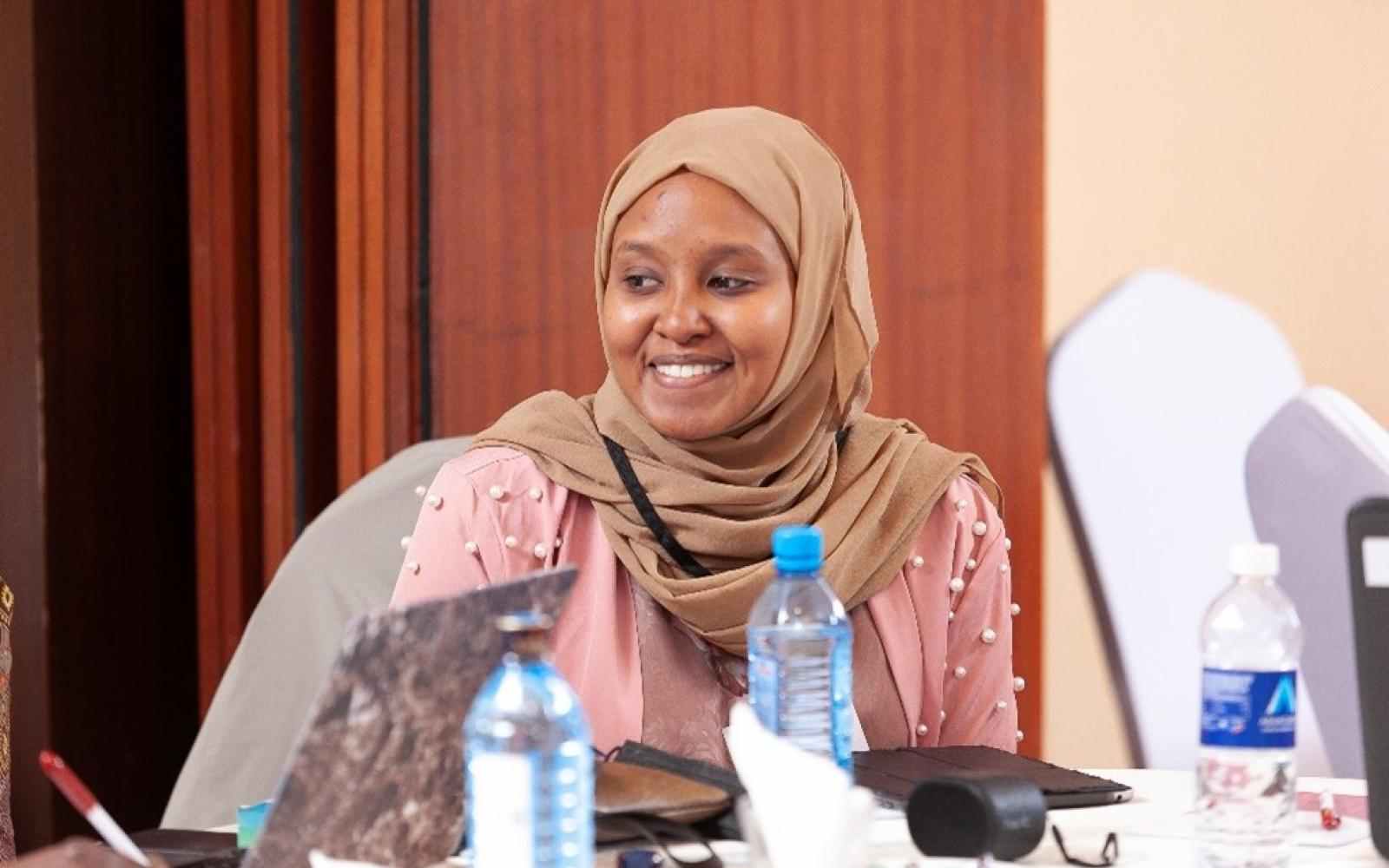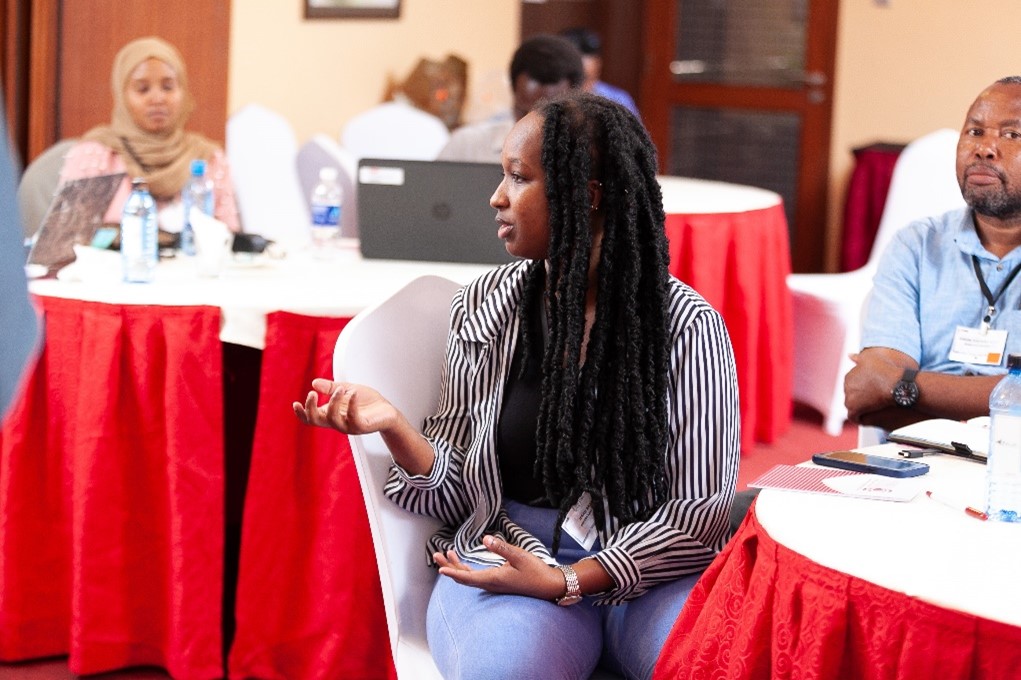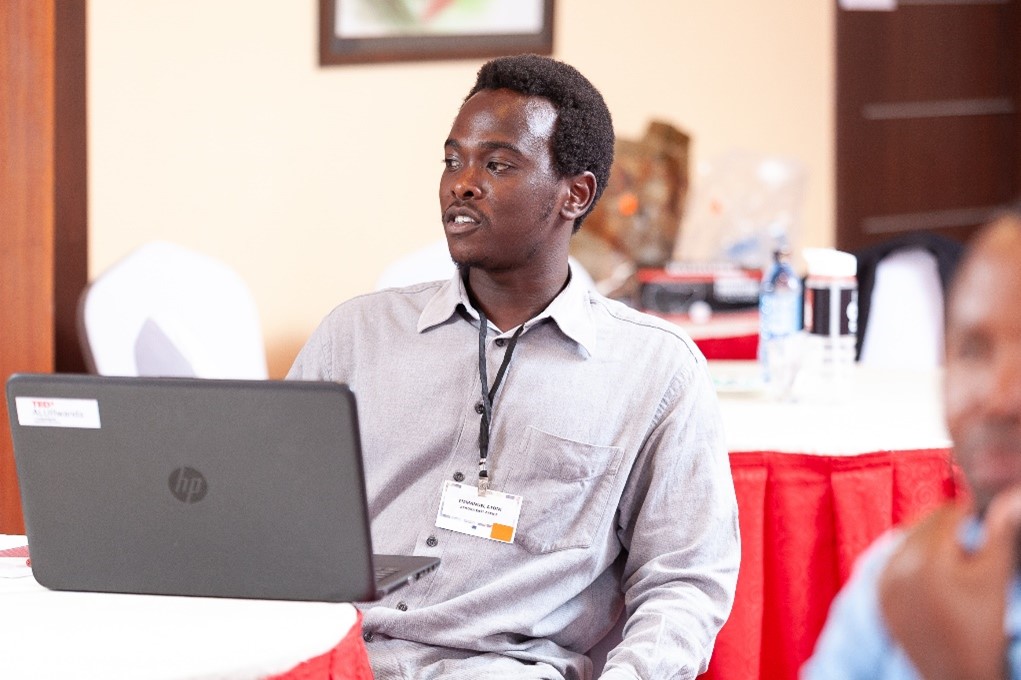Where Are Eastern African Young Changemakers in Agricultural and Distributed Renewable Energy Sectors?
By Obwin Owen Benjamin, Communication Consultant and Ruth Soi, Program Manager Ashoka East Africa.

Ashoka East Africa's project "Towards Improving the Livelihood of Small Holder Farmers." aims to tackle agricultural challenges by promoting sustainable practices. A survey conducted as part of the project gathered crucial insights to tailor support and enhance farmers' productivity and income. A significant finding from the project is that young people below 35 years old are missing in action at a critical moment when they are expected to utilize their productive age to exploit available opportunities in agriculture and distributed renewable energy.
Our latest study "Towards Improved Livelihoods for Small-Holder Farmers in East Africa" observed that most current innovators are from the lower middle age bracket (35-44 years). This raises fundamental questions about the contributions of those between 18 and 35 years to these sectors. By exploiting opportunities in agriculture and renewable energy through innovations, the youth can elevate their socio-economic status sustainably while addressing the existential threat of climate change.
Eastern Africa's population is rapidly growing, currently exceeding 400 million people, with youth making up the majority. Responding to this youth bulge is a monumental task in a region where governments are struggling to create employment. created. (According to the World Bank, Sub-Saharan Africa's labour market is unable to create enough jobs, with more than 10 million youth entering the labour market annually but only 3 million formal jobs created.

This imbalance can lead to several problems, including food insecurity. Unemployed youth can also pose a threat to national security. The agricultural and renewable energy sectors have the potential to offer significant opportunities to tackle unemployment in the region. These sectors can generate self-employment opportunities for many young people, allowing them to improve their economic lives while contributing to climate resilience.
Although not the largest demographic in the report, young people between 18 and 35 years old are making notable contributions in these sectors. Their innovations in the report showcase their potential to drive change and contribute to sustainable development. For instance, innovators in the 18-25 age group have focused on energy-specific technologies, including the development of improved cookstoves and experiments with electrical vehicles through battery swapping in Kenya. In Tanzania, young innovators have devised advanced methods for oil extraction, integrating modern technology into traditional industries. Meanwhile, the 26-35 age group has seen an increased use of technology in crop farming, with innovations such as enhanced solar panel utilization, mobile technology applications in afforestation, soil conditioning technologies, and the conversion of agricultural waste into useful products like diapers and fencing poles.

With young people between 18 and 35 years not actively innovating in these sectors as much as they could, more empowerment programs will be of great essence. Mentoring them or providing capacity-building opportunities can help this demographic identify areas they can exploit to improve their economic life. The youth should take the lead in solving problems. This is possible by adopting renewable energy, climate-smart agriculture, and other climate-resilient practices to tackle the underlying structural challenges the region faces. This can help minimize unforeseeable food-related shocks, particularly from climate change while solving youth unemployment.
The lack of innovators in this age bracket is a challenge policymakers, government, and other stakeholders must synergistically work to resolve. Encouraging the youth to scale up their participation in key sectors such as agriculture and distributed renewable energy can turn around the youth bulge the region is experiencing into an advantage. By focusing on empowerment and support, we can ensure that young people lead the charge in solving regional challenges and create a sustainable future for all.
The future of Eastern Africa's agricultural and renewable energy sectors lies in the hands of its youth. By embracing innovation and sustainable practices, young people can secure their futures and contribute to the stability and prosperity of their communities. It is time for young changemakers to step up and seize the opportunities within agriculture and renewable energy.